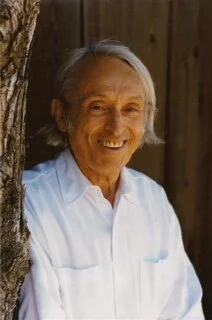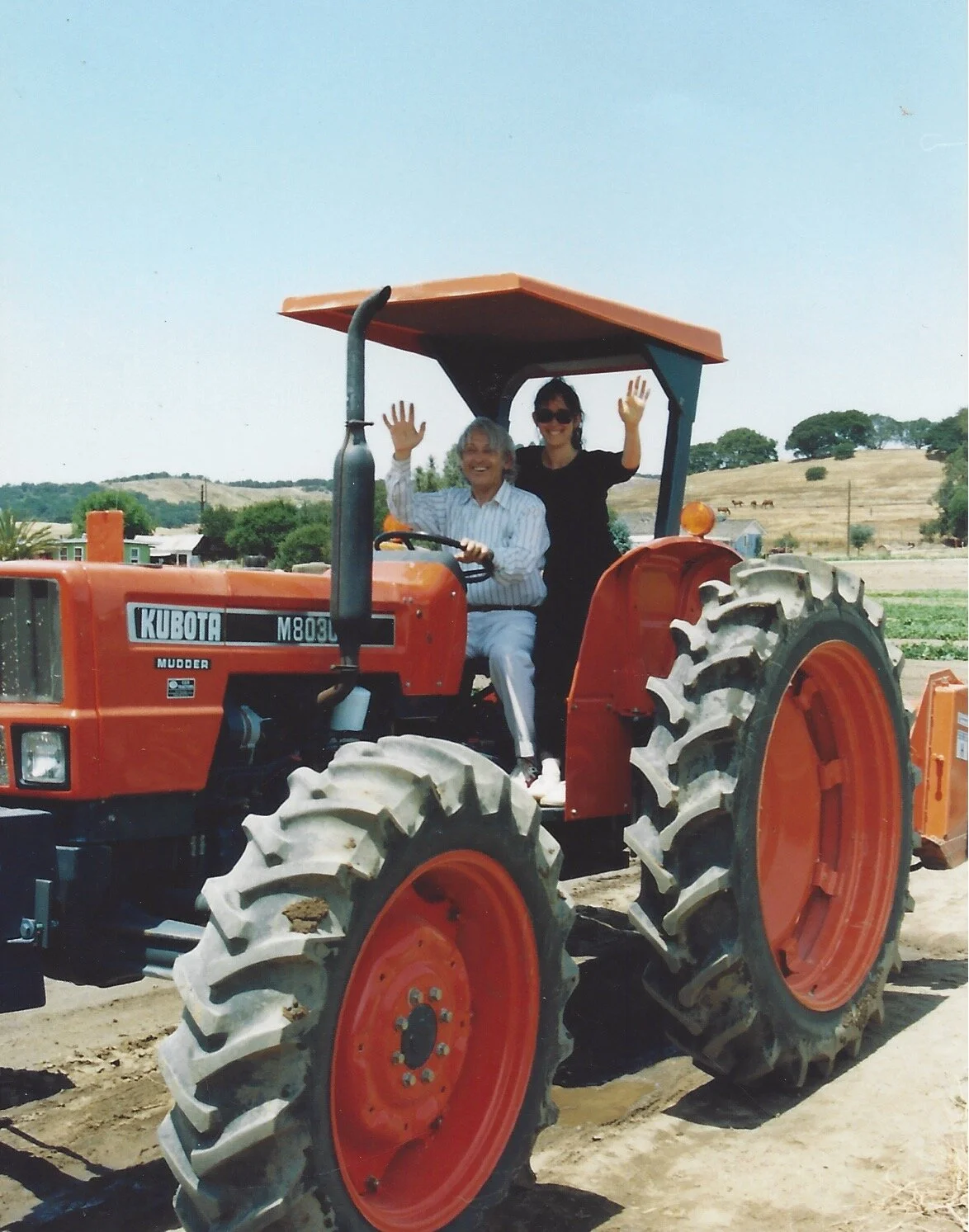Don’t Let your Ego Rule your Life
Lessons From My Father
My father, who was an extremely diligent explorer of his own psyche, wrote a lot about the ego—how it constantly seeks approval and is always trying to make us into the person it thinks we should be versus encouraging us to be the personal we naturally are.
Part of being human is having a strong ego that directs much of our lives. The ego’s primary job is to help us survive as an individual, and one way it keeps us safe is by trying to ensure that we’re well liked and accepted. But many of us have become so accustomed to this arrangement that we rarely turn our focus inward to discover who we truly are independent of the social expectations we strive to conform to.
Artwork by Mendek Rubin
Mendek wrote, “When my ego wins, I lose.” I see the truth of this statement in my own life when I notice how often my ego cares more about what others think than about how I feel, and more about how well I perform than how much I’m enjoying the experience. When I’m trapped by perfectionism—my ego’s uncompromising definition of success—I know my ego is in control.
My father made a list of the behaviors he exhibited when his ego was in charge: having pride in his ideas and accomplishments, comparing himself to others, worrying about his image and reputation, repressing and denying his true feelings. His entire list feels important, but the behavior I find most intriguing is: “Desiring things I don’t really need, such as compliments and being right.
When I observe myself, I notice that I often operate as if it is absolutely essential that I feel validated and appreciated, without ever stopping to question it. These days, I often hear my dad in my head urging me to stop and inquire, “Why do I need to win this argument with my mother? Why do I need my husband to like my new sweat pants?” Then I can look within and calmly explore where my subconscious desperation comes from.
Tracing my urgent need for approval to my childhood, I recognize how early those patterns were established and how entrenched they are. My father taught me that once I’m able to notice one of my patterns endlessly repeating as if on autopilot, I can begin the process of liberating myself. My goal now is to feel more comfortable risking failure and rejection, to dare to be the person I truly am, without so much self-criticism and censure. I want to follow in my father’s footsteps and build my sense of self-worth from the inside.
Mendek wrote, “I spent much of the first forty or fifty years of my life giving my ego all the authority, without noticing that obeying its commands was getting me nowhere I wanted to be…My ego would say, Don’t make a fool out of yourself. People will think you’re crazy! So, I suppressed the joy of life deep within me and lost touch with my true self.”
One of my father’s most lovely attributes was humility. Because he didn’t let his ego rule his life, he was neither boastful nor self-deprecating. Instead, he viewed everyone he met as his brother or sister.
In his poem, Wind Guide, my father inquiries, “What if I let the blossoming flowers show me what to do? What if I asked a growing tree to show me the way?”
When I ask myself these questions and imagine a tree reaching gracefully towards the sky or a flower slowly unfurling its delicate petals, I begin to appreciate how their beauty, growth and strength never stems from trying to impress onlookers—it comes from fully expressing their unique, magical, innate true nature.
“Quest for Eternal Sunshine—A Holocaust Survivor’s Journey from Darkness to Light” is the story of Mendek Rubin, a brilliant inventor who endured three horrendous years in Nazi slave labor concentration camps while most of his family was murdered in Auschwitz. Mendek eventually turned his genius on his own psyche, figuring out innovative ways to heal from his enormous traumas to live a joyous and peaceful life. The book—a posthumous collaboration between Mendek and his daughter, Myra Goodman—is based on an unfinished manuscript Myra discovered after her father’s death.
Mendek was an extremely curious, imaginative, and inventive person from the time he was a young boy. At only seven, he devised a key that could open any lock. His family owned a hardware store in their small town of Jaworzno, Poland, and if someone accidentally locked themselves out of their home, Mendek was the one sent to open the door.
Just like the universal key he’d invented as a child, Mendek discovered the keys to freeing himself from the psychological prison he’d been trapped in for decades to find his way back to love. In this “Keys to Happiness” series, Myra shares some of the important lessons she is continuing to learn from her father every day.










